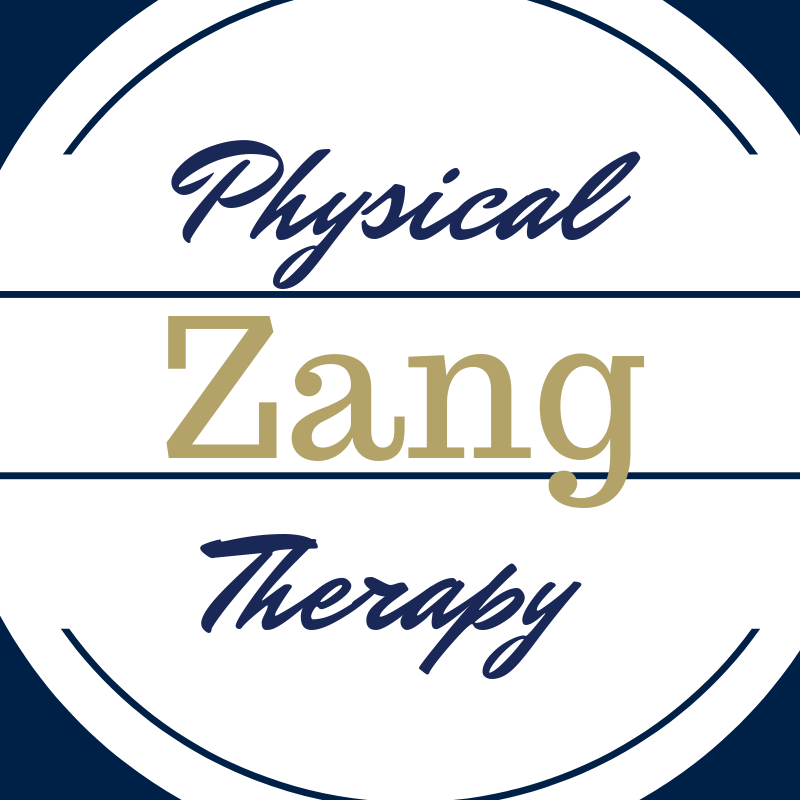“I think I have a pinched nerve in my neck”… is a phrase often spoken by many individuals.
But, do they really?
A simple Q & A session with an individual may lead to suspicion, but cannot confirm anything at that point. To know for sure, a detailed physical examination must happen. One where the provider actually touches the patient is necessary. And truly, even then sometimes a true pinched nerve still cannot be confirmed.
To determine a TRUE pinched nerve a painful diagnostic EMG or NCV study (needles and electricity) must be done. I have heard nothing but painful stories about these tests, so you really do not want to believe you have a pinched nerve.
Meaning, do not rush to the PCP or orthopedic because they may appease you and order that painful test or even stick a needle in it (cortisone injection). There are other better options early on that involve NO needles.
But I have this numbness or tingling into my arm or hand, it must be a pinched nerve. True, those are symptoms of a pinched nerve, but other conditions can also cause numbness or tingling. More often then not, that numbness or tingling is actually the result of another condition and not a pinched nerve. Especially if the numbness or tingling is not constant and changes based on head, neck or arm position.
Which is good for the person suffering with this because…
These issues are easily treatable.
So how do you know if the nerve is “pinched” or the tingling is the “other” thing?
During the exam, a series of tests looking at your strength, sensation, and reflexes will be done. If there is NO change to any of these, then the issue is unlikely to be a “pinched” nerve.
Don’t I need x-rays or MRIs to tell me what is wrong? NO, not yet. Again if there is no change to strength, reflexes or sensation (numbness/tingling does not necessarily constitute true sensory loss), those images are unlikely to help direct treatment outside of moving you one step closer to more invasive procedures. Because if you are over age 40, then your neck will very likely show some signs of aging (what radiologists will call degeneration or bulging discs), which is normal. Yet cause great psychological concern or fear one the person told those terms. In fact look at 10 people over age 40 and guaranteed all 10 have changes in their spines too and most will not have any pain.
But I get this “pinching” feeling when I move my neck. Well, that is certainly possible.
Sometimes tight muscles and/or joints will squeeze together when you move your head/neck certain ways, giving you that “pinching” feeling. The GOOD NEWS IS….this can be changed with hands-on and self-treatment.
Back to that hands-on exam I talked about before….a skilled professional will be able to sense these restrictions (without imaging) and assist in freeing them up both with their hands and teaching you how to help yourself. Because indefinite treatments should not be necessary.
After a good examination, the professional should be able to give you a much better idea of whether your issue is a “pinched” nerve or the other stuff. In any event, all issues can and should be treated conservatively 1st.
Have more questions about whether your issue can be helped?
Get more information by clicking HERE to access your copy of a special report for those SUFFERING with neck, shoulder or arm pain.
